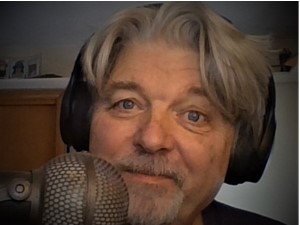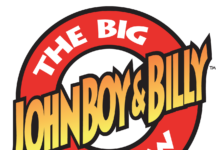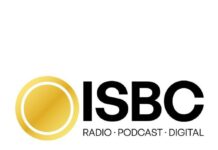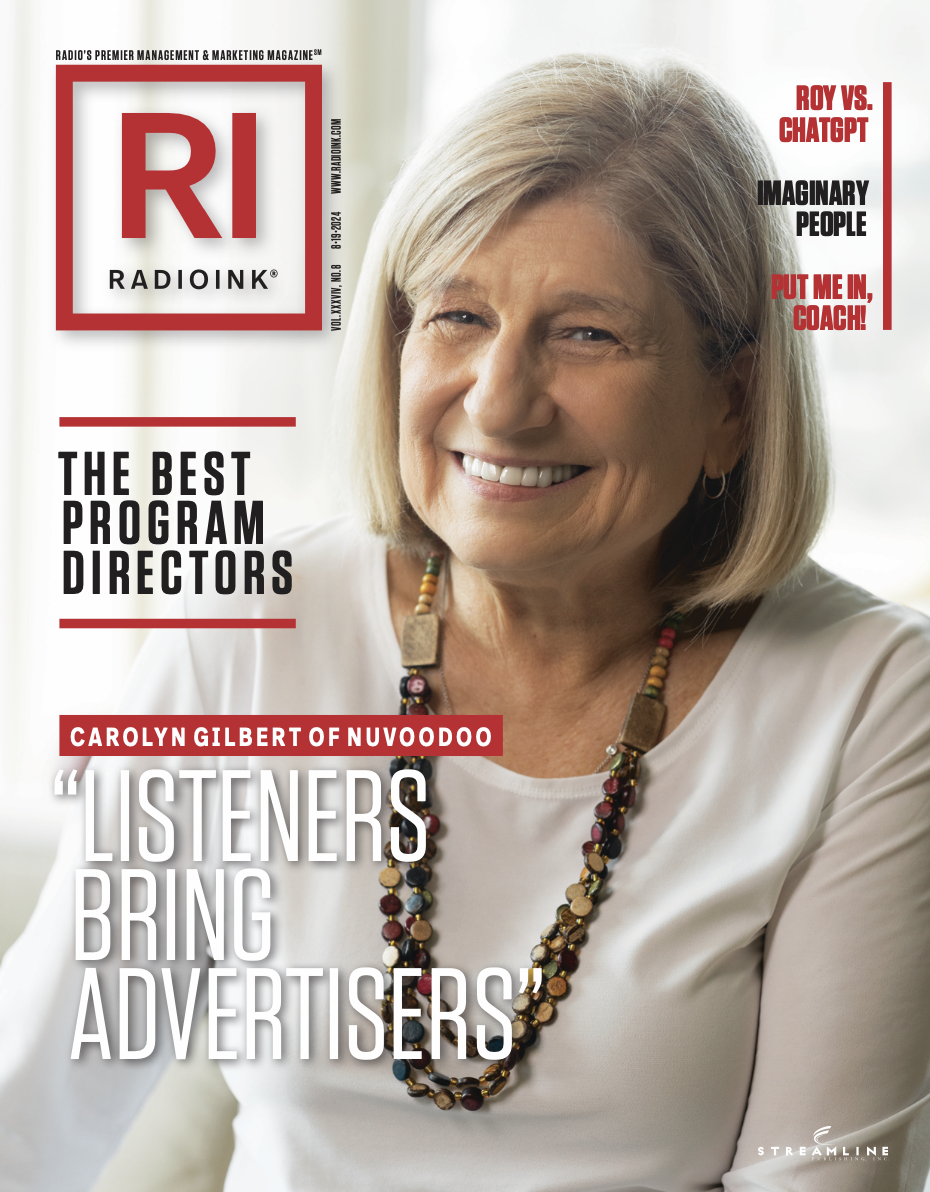
(By Steve Allan) Consider the lowly paper clip. You probably have scores of them in your desk drawer, but how often do you really use one? In a PDF world, who needs to hold several pages of paper together with a piece of twisted metal?
Yet, according to Verified Market Reports, the global 2023 paper clip market was valued at $11.1 BILLION! And, get this, it is expected to grow by over 14% every year until 2030. To put that in perspective, you can buy 200 paper clips on Amazon for four dollars. That means that in 2023, 2,750,000,000 such units were sold. Really? Who is buying this stuff?
The bigger question is – what does this have to do with radio?
The short answer: it’s all about perception. Before you read the first two paragraphs of this blog, you probably thought the paper clip industry was in its death throes (if you thought about it at all). If you believe what the pundits say, the same could be applied to radio.
Yes, digital is the “squirrel” of the advertising community.
True, radio is besieged by new competitors like Spotify, YouTube, and other non-broadcast entities. Music – especially new music – was once radio’s exclusive domain. Information programming has also splintered as so many get their news from digital outlets.
And, let’s face it, we have dumbed down our medium in an attempt to eliminate anything that can be perceived as a negative. We tout “live and local” as we pipe in air talent from outside our markets. We extol the power of personality as we cut our creative teams to the bone.
Yet, despite all of this, radio continues to thrive. According to Kagen Research, radio generated over $15 billion in revenue in 2023 (ha – take that, paper clip!)
Radio remains a viable place for information, entertainment, and advertising. Is it what it was 30 years ago? No. But to paraphrase Monty Python, “We’re not dead yet.”
It is time for us to go on the offensive. It is time to aggressively promote the benefits of radio. We can start by saying it is still free. In an era of mounting subscriptions, radio will not ding your debit card every month.
You are a radio professional. You know what radio provides to a community. Let’s start selling that.
Here’s a thought – all the big groups get together along with the NAB and the RAB and produce a real, emotionally based campaign on the benefits of radio. Sirius/XM did that quite effectively with their “A Life In Sound” campaign which they previewed during this year’s Oscars telecast.
Here’s the kicker – we cannot just do this on our own air. That’s called, I believe, preaching to the choir. We need to aggressively market the medium outside of our echo chamber. We need to make it relatable to those under the age of 45. We need to court them, convince them, and appeal to them. We might not be able to make radio cool again, but we can remind people of our value and our benefits.
If the paper clip can thrive in a digital world so, too, can radio. We can make radio a viable part of the future or we can go the way of Clippy. It is in our hands.
This essay is part of a series titled “The Power of Radio.” To view past articles, visit The Ratings Experts at Research Director, Inc. online here.
Steve Allan is the Programming Research Consultant at Research Director, Inc. He can be reached at 410-295-6619 x25 or by e-mail at [email protected]. Read Research Director, Inc.’s Radio Ink archives here.






